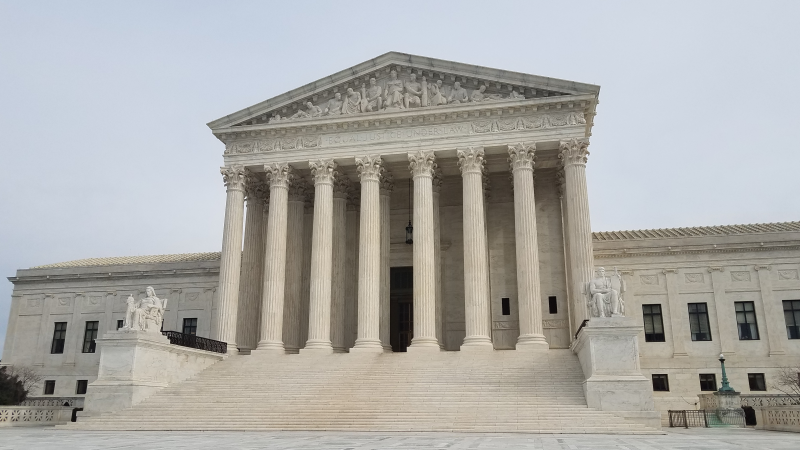No immunity: State judge who helped illegal alien escape to face rare trial
A federal judge last week declined to dismiss charges against Massachusetts District Court Judge Shelley Joseph
A Massachusetts judge is one step closer to facing a federal trial on charges that she assisted an illegal immigrant in avoiding federal apprehension.
A federal judge last week declined to dismiss charges against Massachusetts District Court Judge Shelley M. Richmond Joseph and now-retired Massachusetts trial court officer Wesley MacGregor.
Joseph, MacGregor, and a defense attorney are accused of helping a Dominican man evade being taken into custody at the Newton District Court by ICE agents after a 2018 hearing on criminal charges including drug possession. Prosecutors say the man had previously been removed from the U.S. twice and was barred from reentering the country until 2027.
Approximately one month after his escape, the fugitive was apprehended by immigration authorities, according to the Associated Press.
"Joseph’s lawyers have blasted prosecutors for what the defense has called an 'extraordinary sweetheart deal granting complete immunity' to the immigrant’s defense attorney, who they say was the 'architect and ringleader' of the man’s escape plan," the AP reported. "Her lawyers say Joseph had no idea about the plan, but they argue that even if the allegations were true, judicial immunity shields judges from liability for acts 'taken in their judicial role.'"
The federal judge has refused to grant the request to dismiss conspiracy and obstruction charges. Joseph and MacGregor have both pled not guilty.
"After careful consideration, the motions to dismiss are DENIED because the Indictment alleges the elements of the offenses and sufficient supporting factual detail," U.S. District Judge Leo Sorokin wrote in his July 27 ruling.
One of the arguments made regarding Joseph was that she is protected by judicial immunity, though the judge noted when declining to dismiss the charges that there is debate over the issue.
"The parties hotly contest whether judicial immunity insulates against criminal liability or is restricted to civil lawsuit," Sorokin wrote. "Where the Indictment charges that Joseph acted 'corruptly,' ... it is not within this Court’s province on a motion to dismiss to determine whether judicial immunity, even if its reach encompasses criminal liability, provides a viable shelter for Joseph in the circumstances alleged here."














